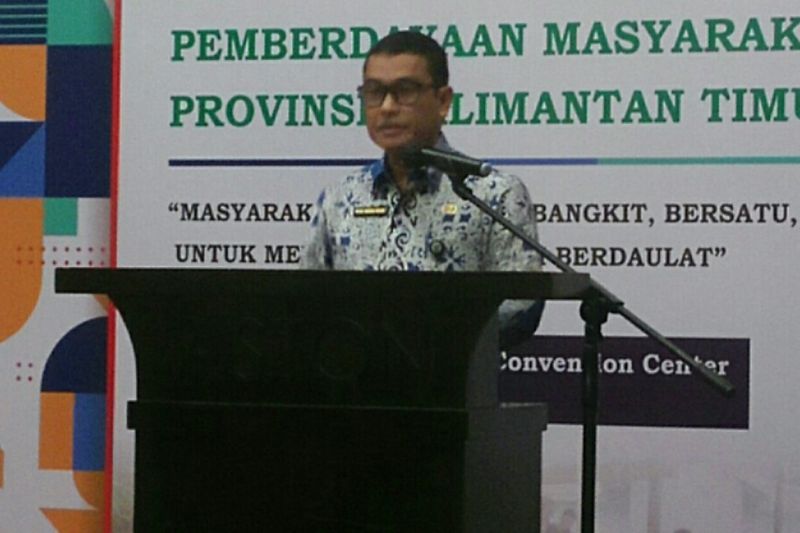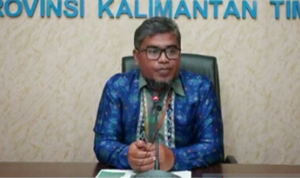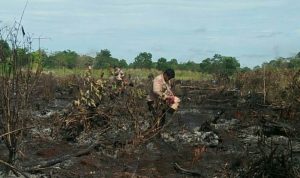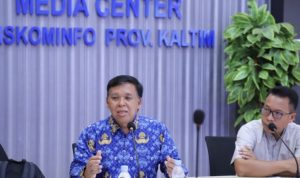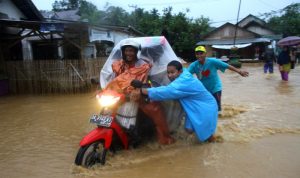JABAR EKSPRES – The distribution of Village Funds for 841 villages in East Kalimantan Province until Friday (6/9) amounted to Rp287.24 billion or 36.95 percent of the total funds of Rp777.27 billion.
“The utilization of the Village Fund is for development, community empowerment, and direct cash assistance (BLT),” said the Head of Village and Rural Area Development at the East Kalimantan Community Empowerment and Village Government Office (DPMPD), Aswanda, in Samarinda.
He explained that the distribution of the Rp287.24 billion budget was based on the Online Monitoring Application of the State Treasury and Budget System (OM-SPAN), while the real conditions in villages could be higher.
Read more: City Government of Mataram Forms Pokdarwis Ampenan Beach
This, he said, occurred because not all villages immediately updated the online application due to several things, such as villages having difficulty obtaining internet signals, villages waiting for distribution for several activities to be reported to the online system.
The details of the Rp287.24 billion distribution consist of the first phase of Rp237.26 billion for 784 villages, so there are still 57 villages that have not been distributed.
The second phase of distribution amounted to Rp5.54 billion for 22 villages, so there are still 819 villages that have not been distributed Village Funds.
For the Village Fund BLT, continued Aswanda, accompanied by Village Development Section Head Isnawati, in the first quarter Rp29.53 billion was distributed to poor people spread across 735 villages, in the second quarter Rp14.9 billion was distributed to poor people in 368 villages.
He continued that the total BLT recipients in East Kalimantan are currently 22,916 beneficiary families (KPM), namely residents who are included in extreme poverty data based on data that has been verified through the Acceleration of the Elimination of Extreme Poverty (PPKE) program.
“PPKE is a poverty alleviation program through directed, integrated, and sustainable efforts by the central government, local governments and the community in the form of policies, empowerment activities, assistance, and facilitation to meet the basic needs of citizens,” said Isnawati.

